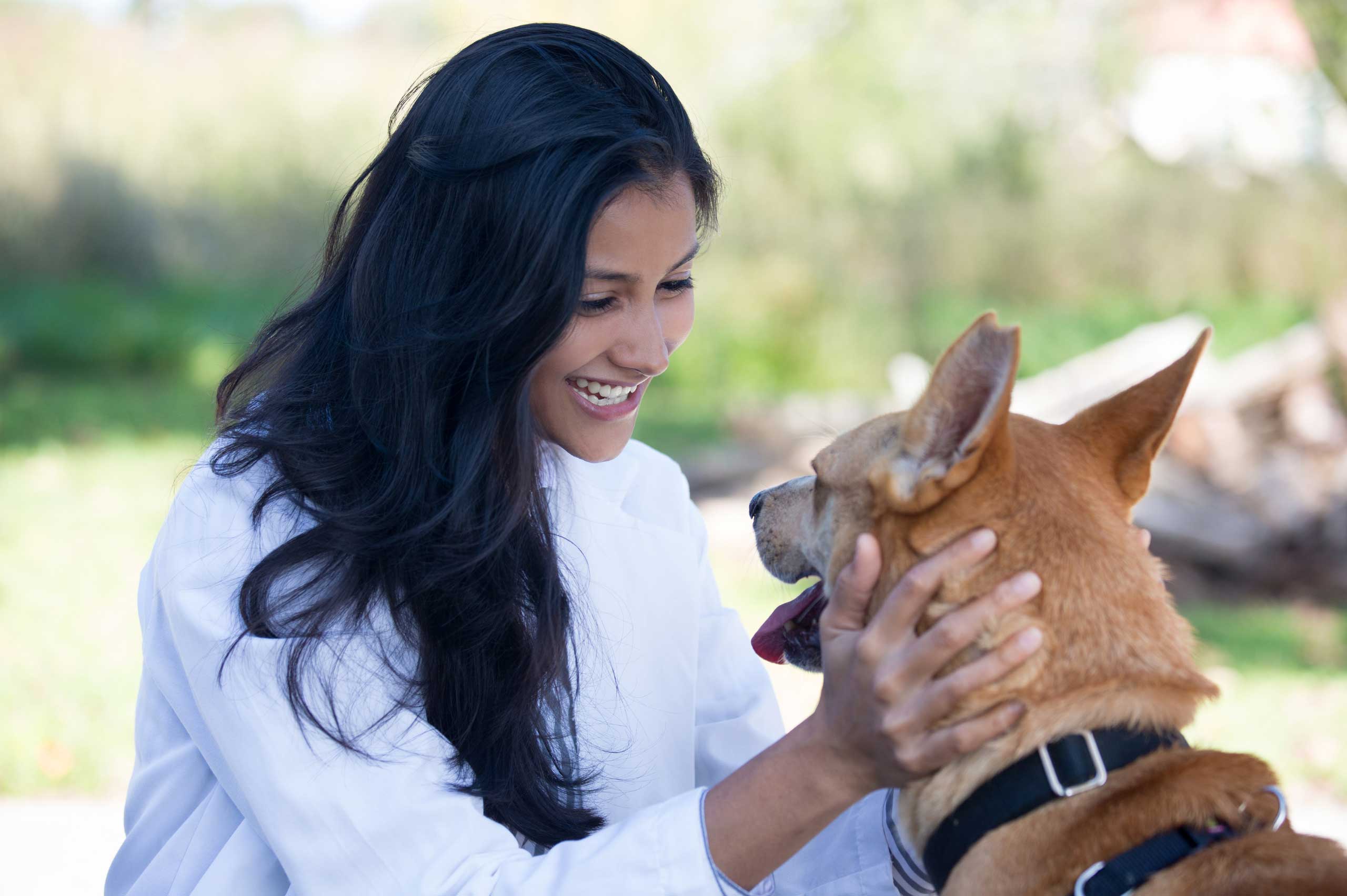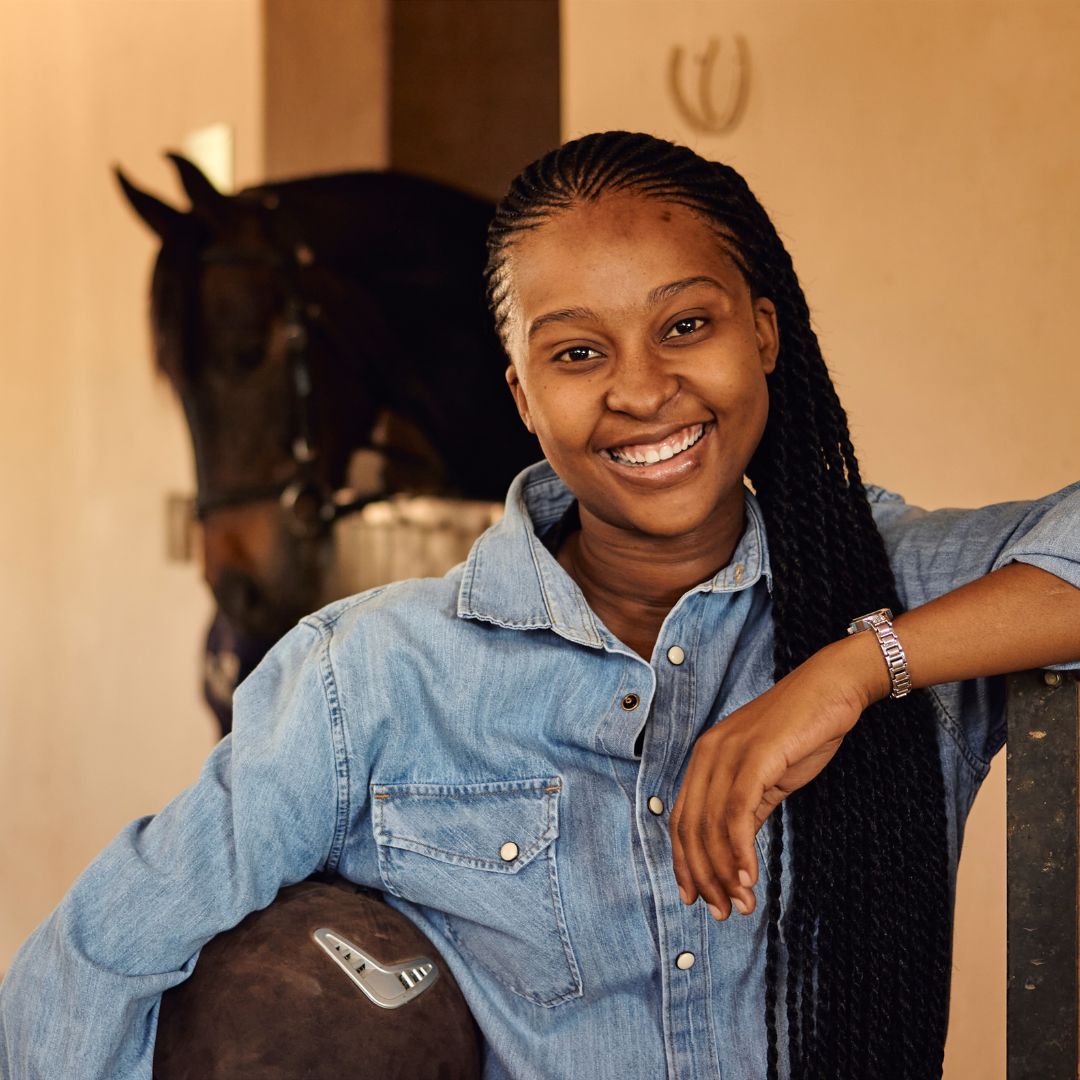Walk into any stable, and you’ll witness something remarkable: horses showing clear preferences for certain people. Some horses light up when specific individuals approach, while remaining indifferent or even resistant to others. This isn’t random behaviour – it’s the result of sophisticated social intelligence that has evolved over millions of years. Understanding why horses choose their favourites is the key to building meaningful relationships with these magnificent animals.
The Science Behind Horse Preferences
Horses are inherently social creatures with complex emotional lives. Research conducted by Dr. Paul McGreevy at the University of Sydney has demonstrated that horses form lasting memories of their interactions with humans and make decisions based on these experiences. His collaborative work with Andrew McLean from the Australian Equine Behaviour Centre shows that horses can remember positive and negative interactions with specific people for months or even years.
The selection process isn’t based on superficial factors like appearance or even treats. Instead, horses evaluate humans based on consistency, emotional state, and behavioural patterns. Australian equine research shows that horses prefer humans who approach them with calm confidence and maintain consistent behaviour patterns across multiple interactions.
Neurobiologist Dr. Antonio Damasio‘s work on emotional intelligence provides insight into why this matters. His research shows that emotional regulation and social awareness are fundamental to successful interspecies communication. Horses, as prey animals, have evolved to be exceptionally sensitive to these emotional cues as a survival mechanism.
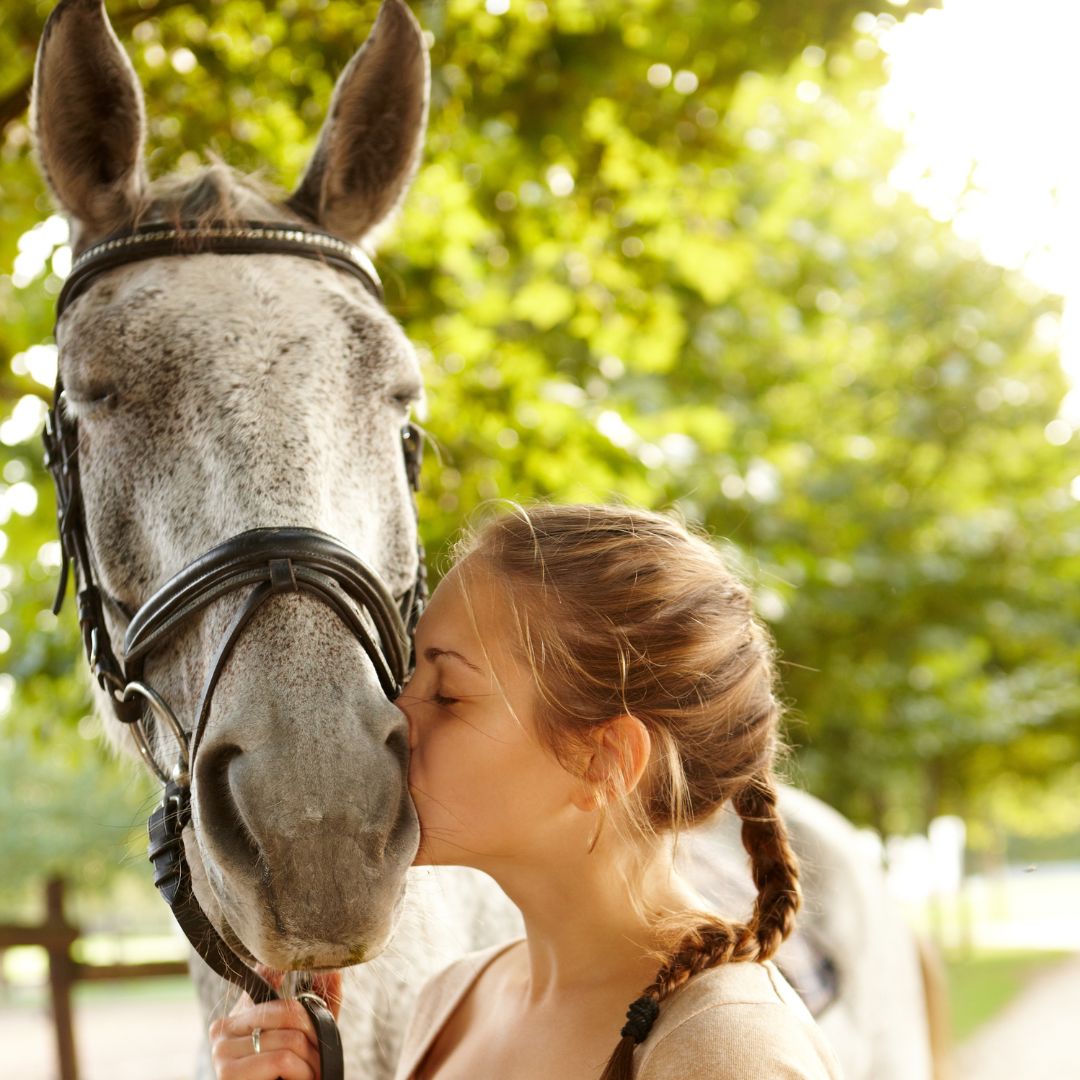
The Energy Factor: How Horses Read Human Emotions
Perhaps the most fascinating aspect of horse-human bonding is how horses perceive and respond to human energy. Research by Dr. Ann Baldwin at the University of Arizona has shown that horses can detect human heart rate variability and respond to changes in human emotional states before humans are consciously aware of them.
Horses possess what scientists call “emotional contagion” – the ability to mirror and respond to the emotions of others. This means that anxious, frustrated, or aggressive humans typically make horses uncomfortable, while calm, confident people naturally attract them. This isn’t about projecting an image of confidence; horses can detect the difference between genuine calm and forced composure.
The practical implications are profound. In equine courses, students learn that becoming a horse’s favourite person requires genuine self-awareness and emotional regulation. You can’t fake the qualities that horses value – you must develop them authentically.
Consistency: The Foundation of Trust
The Australian Equine Behaviour Centre’s research demonstrates that horses value consistency above all other human traits. Their evidence-based approach shows that horses thrive on predictable routines and clear, consistent communication. They remember not just what you do, but how you do it.
Horses thrive on predictable routines and clear, consistent communication. They remember not just what you do, but how you do it. A person who approaches with the same calm energy, uses consistent body language, and maintains predictable behavioural patterns will earn a horse’s trust far more quickly than someone who is unpredictable, regardless of their technical skills.
This consistency extends beyond training sessions. Horses notice how you move around the stable, how you handle equipment, and even how you interact with other people. They’re constantly evaluating whether you’re a reliable, trustworthy presence in their environment.
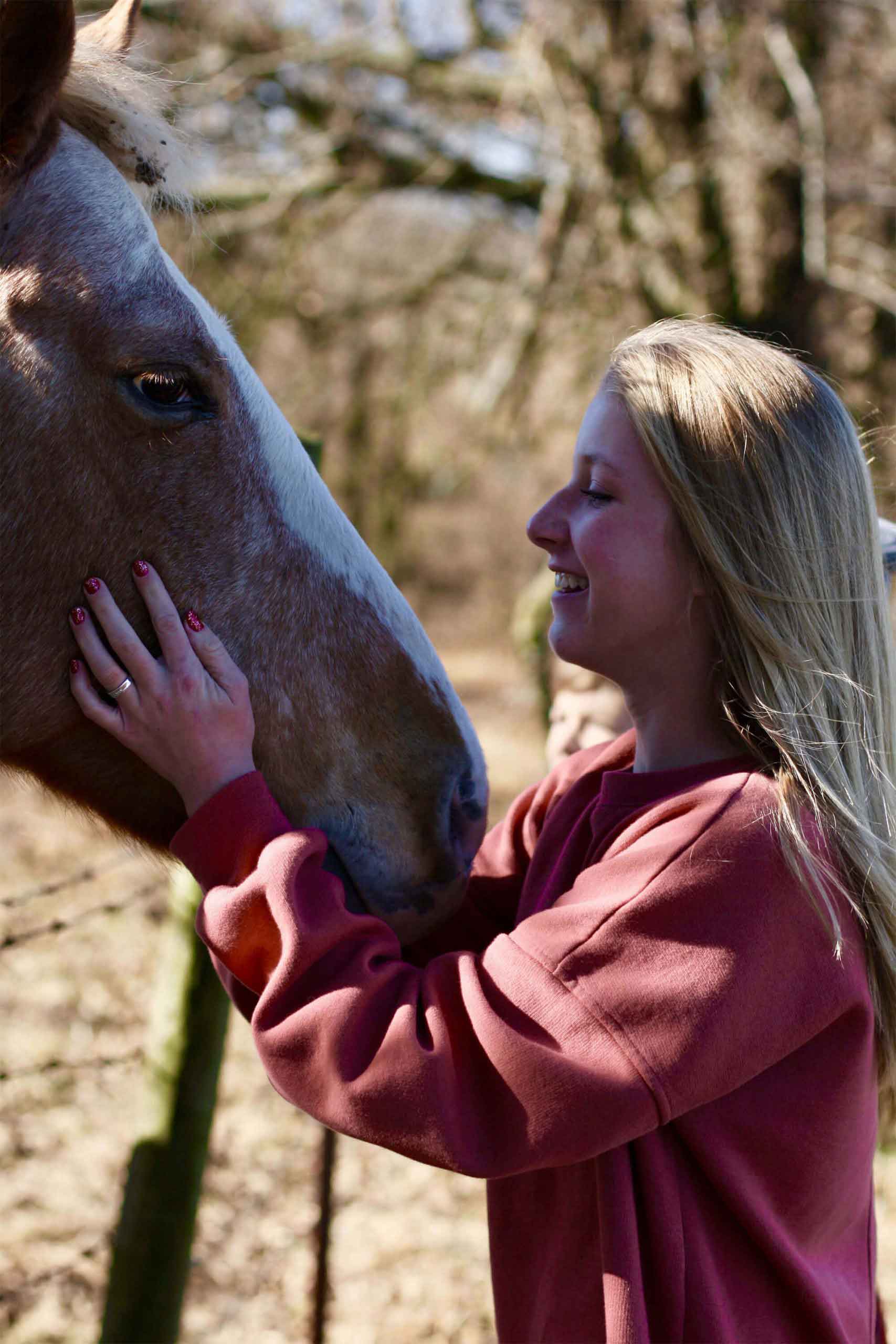
The Role of Respect in Horse-Human Relationships
Renowned horse trainer Buck Brannaman, whose methods inspired the book and film “The Horse Whisperer,” emphasizes that respect is the cornerstone of horse-human relationships. In his book “The Faraway Horses,” Brannaman explains that horses choose people who respect their nature as flight animals while providing clear, fair leadership.
This respect manifests in practical ways: approaching horses calmly, respecting their personal space, and understanding their body language. Horses quickly identify people who see them as partners rather than objects to be controlled. They gravitate toward humans who work with their natural instincts rather than against them.
Research by Dr. Konstanze Krüger at the University of Regensburg supports this concept. Her studies show that horses prefer humans who acknowledge their autonomy and allow them to make choices within structured interactions. This doesn’t mean permissiveness – it means providing clear boundaries while respecting the horse’s intelligence and emotional needs.
Communication: Learning the Horse’s Language
Horses communicate through a sophisticated system of body language, vocalizations, and energy. People who become horse favourites learn to speak this language fluently. Dr. Klaus Schöneich’s research on equine communication, published in “The Language of Horses,” reveals that horses respond most positively to humans who match their communication style.
This involves understanding subtle signals: the position of ears, the tension in facial muscles, changes in breathing patterns, and shifts in weight distribution. Horses appreciate humans who acknowledge their communications and respond appropriately. A person who notices when a horse is uncomfortable and adjusts their approach accordingly will earn far more respect than someone who ignores these signals.
Equine courses teach students to observe these minute details and respond appropriately. Students learn that successful horse-human communication is a two-way conversation that requires active listening and thoughtful responses.
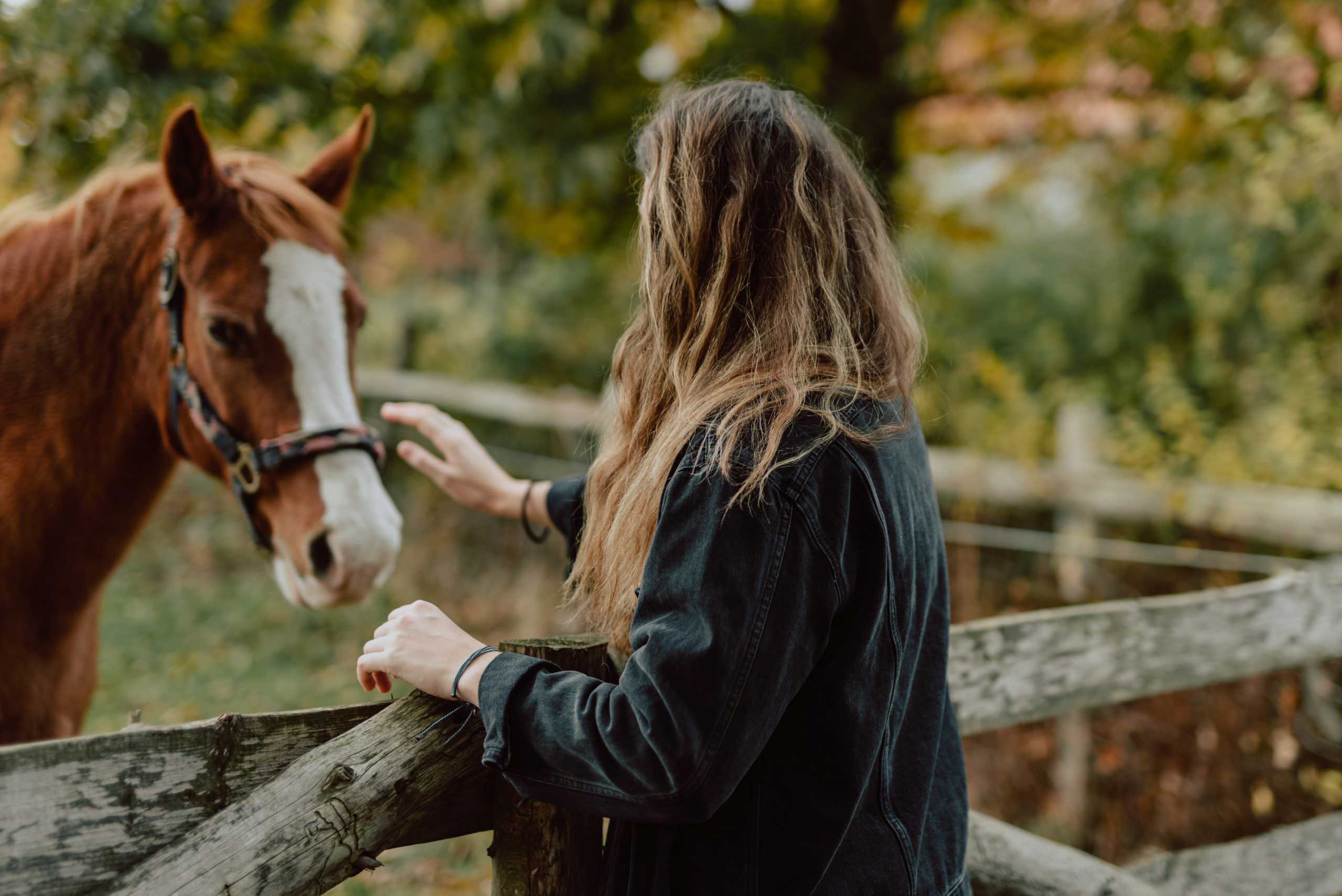
The Patience Paradigm
Dr. Sebastian McBride, equine science lecturer and researcher in equine cognition, emphasizes that horses operate on different time scales than humans. His research into equine behaviour and psychology shows that horses need time to process information and make decisions. People who become horse favourites understand and respect this processing time.
Impatient humans who rush horses or become frustrated with their pace of learning rarely develop strong relationships with them. Horses remember these negative experiences and may become anxious or resistant when these people approach. Conversely, patient individuals who allow horses to learn at their own pace often become highly preferred companions.
This patience extends beyond training. Horses appreciate people who don’t rush their interactions, who allow time for mutual recognition and greeting rituals, and who understand that relationship building is a gradual process.
Building Your Horse Appeal: Practical Strategies
Australian equine training programs teach specific techniques for becoming the type of person horses choose as favourites. These strategies are based on scientific understanding of horse psychology and proven training methods developed by leading equine behaviour specialists.
First, develop genuine self-awareness. Horses respond to your internal state, not just your external behaviour. Practice mindfulness techniques, learn to recognize your own emotional patterns, and develop strategies for maintaining calm confidence even in challenging situations.
Second, commit to consistency in all your interactions. Develop standard routines for approaching, greeting, and working with horses. Use the same body language, tone of voice, and energy level across all interactions. This predictability helps horses feel secure and builds trust over time.
Third, learn to read horse body language fluently. Invest time in studying equine communication and practice observing horses in various situations. The more accurately you can interpret their signals, the more effectively you can respond to their needs and preferences.
Fourth, respect the horse’s nature as a prey animal. Understand that certain movements, sounds, or approaches may trigger instinctive fear responses. Learn to work with these instincts rather than against them, providing leadership that feels safe and natural to the horse.
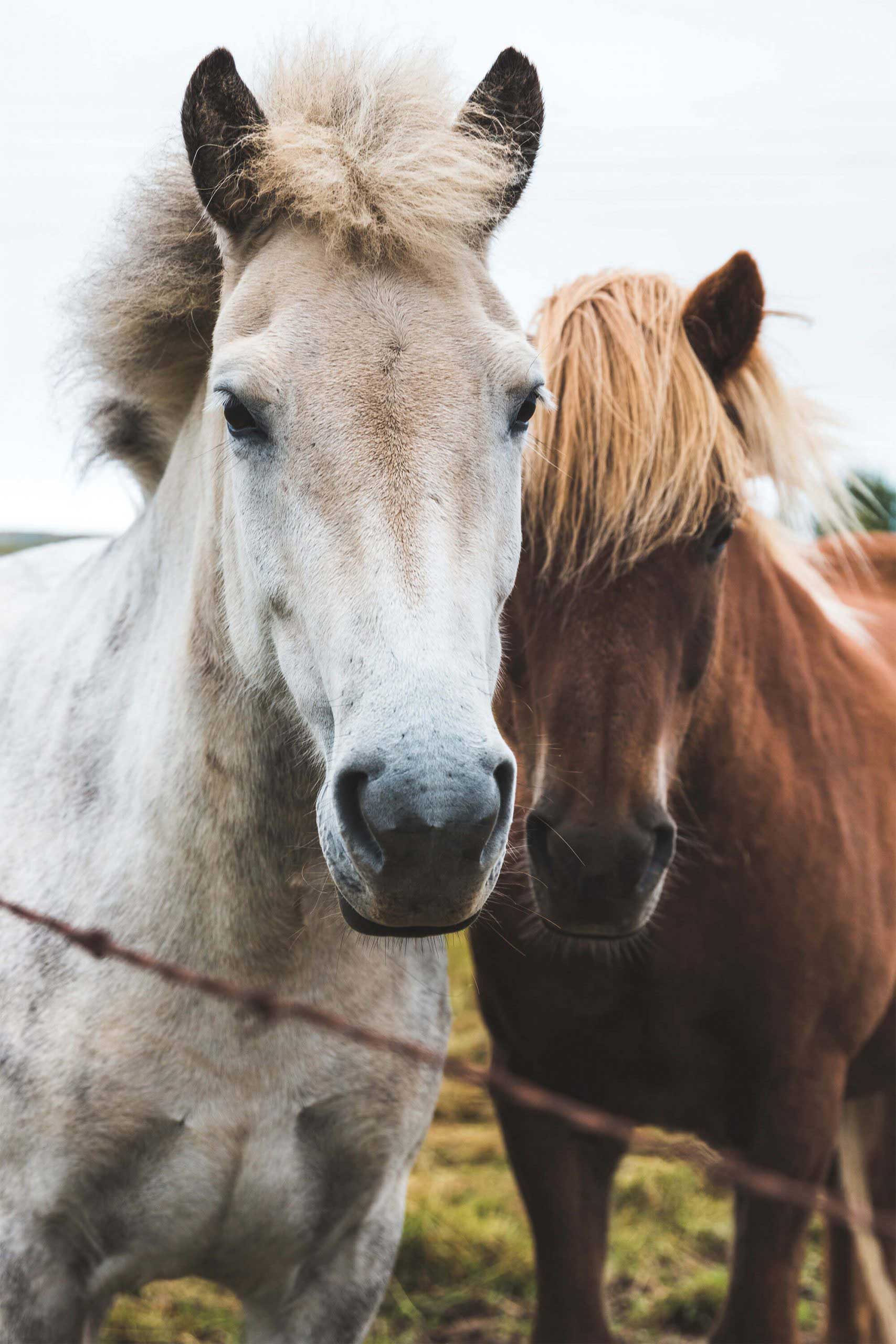
The Rewards of Being Chosen
When a horse chooses you as their favourite person, the relationship transcends mere cooperation. These horses actively seek your attention, show enthusiasm when you approach, and demonstrate behaviours that indicate genuine affection. They may nicker when they see you, follow you around their paddock, or position themselves to be near you.
This bond creates opportunities for deeper communication and more advanced training. Horses that trust and respect their handlers are more willing to try new things, work through challenges, and develop their full potential. The relationship becomes a partnership based on mutual respect and understanding.
The Lifelong Journey
Becoming a horse’s favourite person isn’t a destination – it’s an ongoing journey of personal development and relationship building. Each horse offers unique lessons about communication, patience, and emotional intelligence. The skills you develop in building these relationships enhance every aspect of your life, from personal relationships to professional interactions.
Equine courses provide the foundation for this journey, teaching you the scientific principles and practical techniques that horses value. But the real learning happens in the quiet moments of connection, when you and a horse achieve that perfect understanding that transcends species boundaries.
The secret to becoming a horse’s favourite person lies not in domination or even in treats, but in becoming the type of person that horses naturally want to be around: calm, consistent, respectful, and genuinely interested in building a relationship based on mutual trust and understanding.
